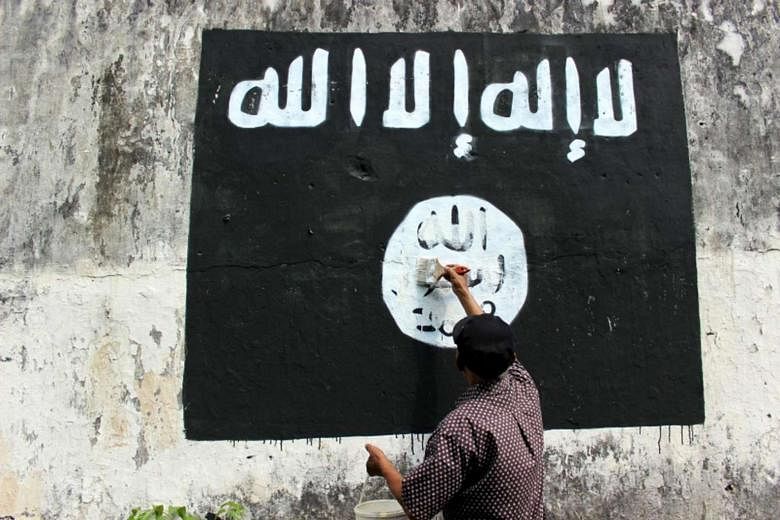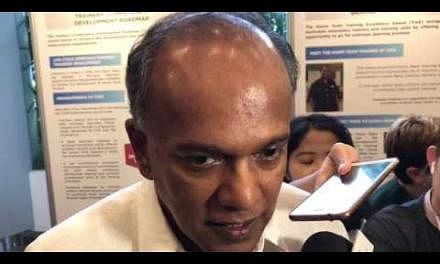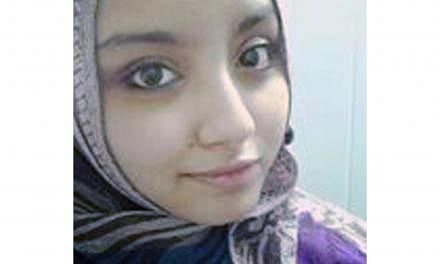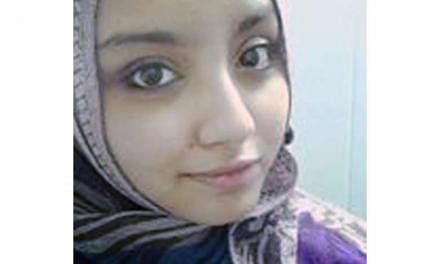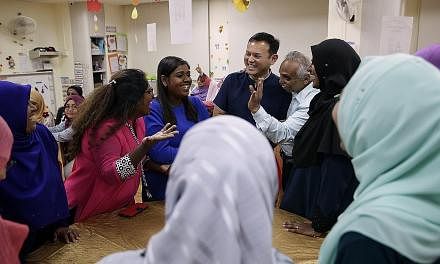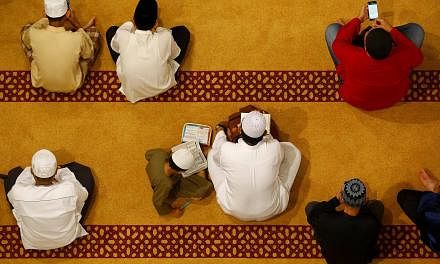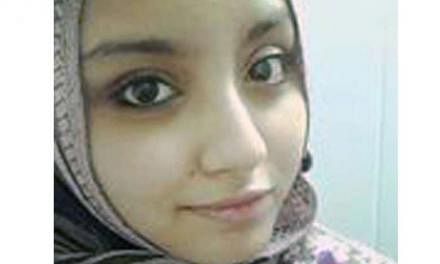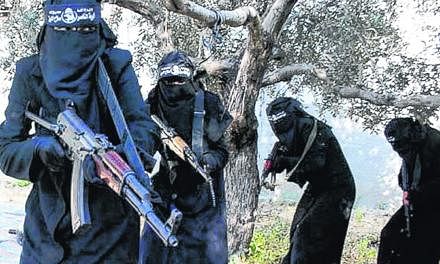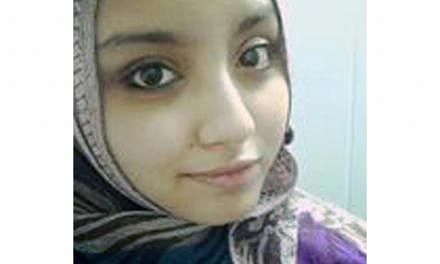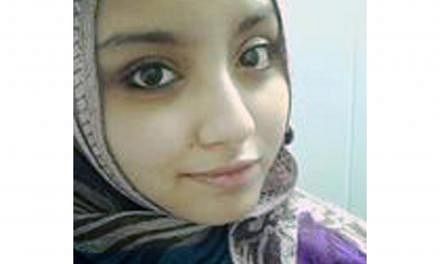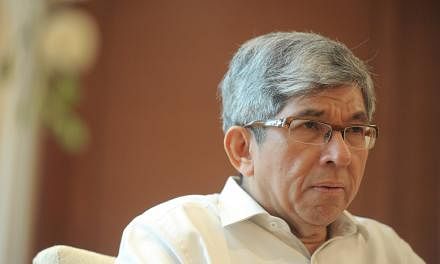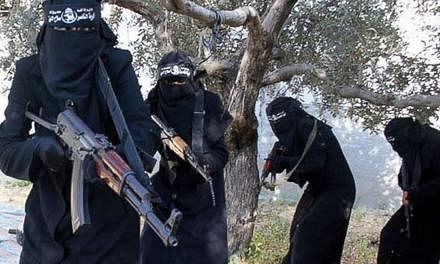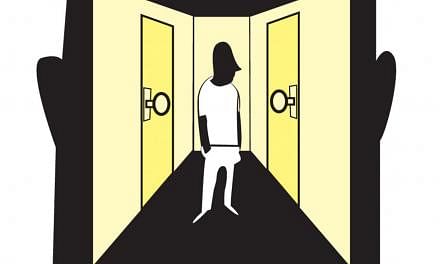Feeling mixed and ambivalent about a decision? It's like being in a tug of war, says psychology professor David Chan in his article on navigating ambivalence published on Saturday (June 10).
For example, law enforcement agencies are telling people to report family members who may be radicalised and tempted to take up violent action. Prof Chan says that such appeals will put family members in emotionally ambivalent situations.
"This places family members and close friends of a radicalised individual in a difficult situation. They will experience strong emotional conflicts when they have to decide whether to report the person to security agencies. They are torn between feelings of loyalty to kinship or friendship and feelings of responsibility to society.
"When people are in emotional ambivalence, their feelings dominate and override any rational thinking. That is why the security message needs to go beyond telling families and friends to be vigilant to detect signs of radicalisation in an individual. We need to highlight the severity of the consequences involved if a lone radicalised individual launches an attack; help them anticipate the regret they will feel from not reporting, if that attack were to take place; and focus on the positive difference that they will make by reporting."
Prof Chan has a simple acronym to help people think through such ambivalence: GIVE.
Goals. Establish what goals you want to achieve. For example, it might be to help protect Singapore and protect your family. Once you have this goal in sight, you can then see more clearly what your course of action should be.
Insight. Understand your own emotional ambivalence so you can deal with it better. Try to be objective and look at the behaviour of the person involved. Consult people knowledgeable and can be trusted to tell the truth. Is the person saying or doing things that seem to indicatea radicalised viewpoint? What would the religious authorities say about such views?
Values. Values are critical to guide our decisions when we are emotionally conflicted. Our emotions may contest our rationality. But our emotions are often influenced by our values, and they can change to align with our value system. To reduce and resolve the various conflicts in ambivalence, put the core values that you share with the society we all live in at the centre of what you think, feel and act. For example, Islam is a religion of peace and the core values of peace in Islam, which are shared by the society we live in, should be at the centre of what you think. This helps guide you to a good decision for you, the people you care for and the rest of the people around you.
Expectations. Expectations are what we hope or desire to happen; and what we believe can and will likely happen. Think through your expectations if you do report, or choose not to report, a family member who is radicalised. Are you helping or harming the person if you report, or don't report?
Prof Chan's advice is timely, given news on Monday (June 12) that the Ministry of Home Affairs (MHA) has detained a 22-year-old Singaporean woman under the Internal Security Act (ISA), the first woman here to be detained for radicalism. She planned to travel with her young child to join ISIS in Syria, and look for an ISIS supporter to marry and settle down there. She supported ISIS' use of violence to establish and defend its self-declared "caliphate".
MHA noted that her parents and sister had known of her radicalised views since 2015 but did not report her to authorities. "Her family members did not bring her to the attention of the authorities when she was younger and could have potentially been turned back from the path of radicalisation," it said.
MHA urged the community to play its part to support the authorities in the fight against terrorism and to report those they know who are radicalised.
Responding to the news, Prof Chan added: "The power of radicalisation is very strong and it works very quickly, and it can be a very short period from the time of radicalisation or planning to becoming an actual terrorist attack. Very often, it is a mistake to expect that we can counsel the person out of it ourselves. It is very easy to be mistaken to think that the person will listen or have listened to our advice. They can easily continue and hide their radicalisation from us. If we alert the authorities once we detect it, rather than delaying, there will be a much higher chance to help the person and prevent an attack that will destroy many innocent lives.
"If we truly care for the person, our family and loved ones, and also the people around us, then we must alert the authorities. If we don't, we are not helping the person or doing any good to anyone. In fact, to keep quiet, or worse still to try to cover up for the person by destroying evidence, we become part of the problem and make the problem worse. We will end up harming the person, our family and loved ones, and many innocent lives."
Prof Chan ends with this: "Mixed feelings and thoughts about people, decisions and actions are natural, and they occur often. We should not trivialise them, nor be overwhelmed by the sense of conflict between the positives and negatives. Instead, we can reflect on the conflicts and resolve them. Adopt the "GIVE" approach - clarify the goals, capitalise on the insights, centre on our values, and calibrate our expectations.'
